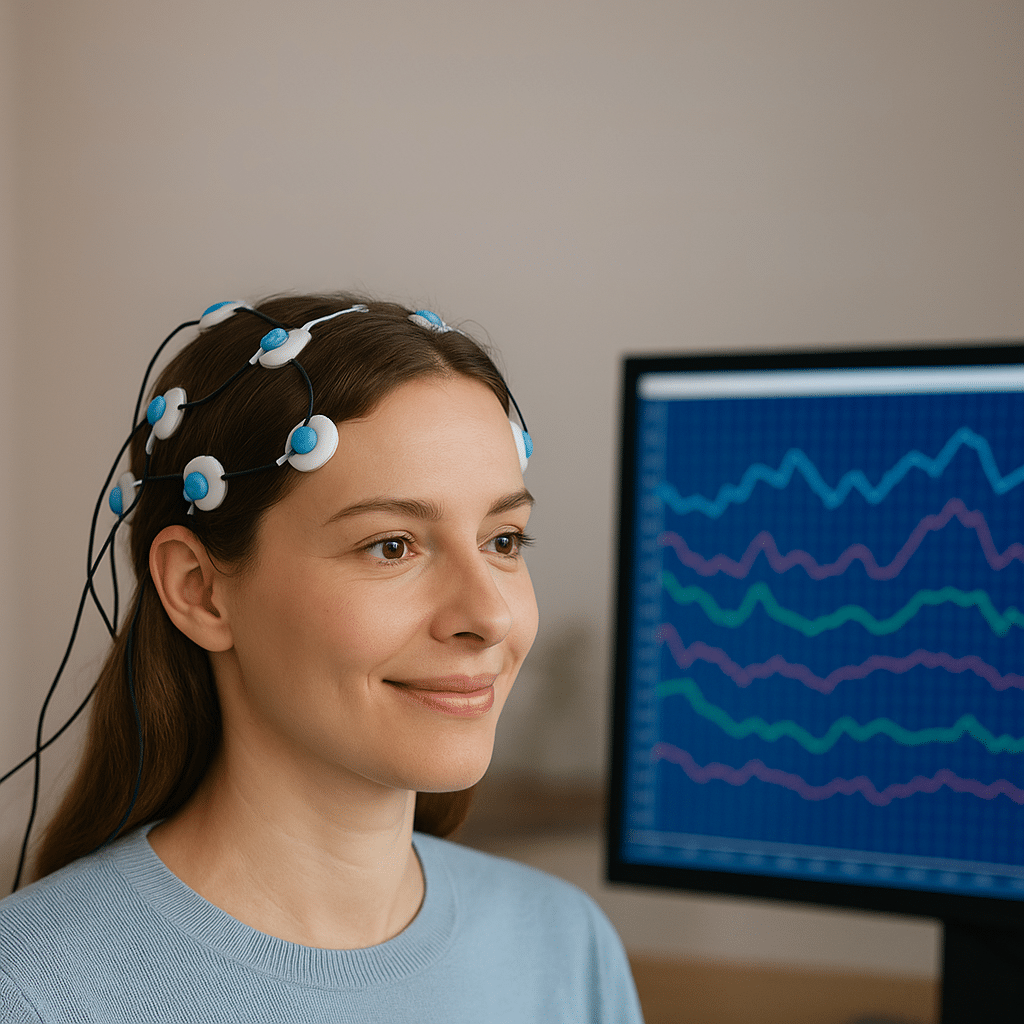Therapy is an incredibly useful and healing process for anybody, especially for veterans. The experiences of service often expose individuals to traumatic experiences that can lead to harmful conditions after coming back home. Mental health issues such as Post Traumatic Stress Disorder (PTSD), depression, and anxiety, when left untreated, can make it difficult to adjust back to civilian life and difficult to navigate the nuances of daily life in the midst of an often complicated or uncomfortable environment.
Fortunately, there are plenty of treatment options for veterans who are experiencing these and other mental health conditions. Every person, and every veteran, can find a personalized path towards healing when led and supported by the right team with a holistic approach to therapy and treatment. Keep reading to learn more about your options.
A Holistic Approach To Treatment
There is no one-size-fits-all approach to mental health, and with the complex experiences and nuances of combat, there is certainly no one-size-fits-all therapy treatment for veterans. Even when similar symptoms are presented, each veteran’s mental health exists inside a life-long web of experiences, traumatic and otherwise, that present not only different barriers towards healing but also different compatibility for different processes.
For many, there can be an aversion to treating mental health conditions because of the common overreliance on medication. Even in the Sacramento area, many clinics’ approaches to PTSD treatment and other kinds of treatment can start and end with medication. At Pacific Heartwood Wellness, we think that there is something fundamentally missing from this approach.
Medication can certainly play an important role in the healing process, especially if it’s something that the patient is comfortable with, but it certainly does not have to be the only option. Treating mental health conditions, especially for veterans, should be a holistic process. This process starts with learning about the patient and getting to know their everyday life, struggles, and stressors that might be contributing to a strained mental health condition. Then, several strategies may be employed to ensure that the patient is receiving support from a variety of dimensions—not just medication. It is not just the diversity and complexity of lived experiences that make a highly personalized approach to treatment important, but also the complexity and uniqueness of our daily lives. No two people will navigate the exact same routes, stressors, and situations on a day-to-day basis, and so no two people should have identical paths to healing.
Distinct Approaches To Therapy
Not only is medication far from the only treatment for mental health issues, but therapy itself can come in many different packages. Some therapy approaches are better suited for some people, and some veterans might be more compatible with other approaches. Everybody’s mental health journey is different, so it is important to talk to healthcare professionals to figure out which path to healing is right for you. Some common therapy approaches for veterans include the following:
Cognitive-Behavioral Therapy (CBT):
CBT is a goal-oriented approach to therapy that focuses on the connections between thoughts, feelings, and behaviors. Working with a therapist, patients are able to recognize harmful thought patterns that could be contributing to distress in daily life. Especially for veterans, this can be a powerful way to identify harmful thoughts and the conditions that lead to unwelcome flashbacks and to replace these thoughts and conditions with healthier ones.
Eye Movement Desensitization and Reprocessing (EMDR):
EMDR is a psychotherapeutic approach to treatment that employs particular eye movements, sounds, and tactile sensations in an effort to “unpack” and better process traumatic memories. EMDR has been shown to be particularly effective for treating PTSD, which makes it a great option for veterans dealing with this and similar conditions.
Group Therapy:
One aversion to treatment can come from the distance between service and civilian experiences. It can be difficult to confide in somebody who has not had remotely similar experiences. Pacific Heartwood Trauma is founded on personal experience with service trauma, and it is our hope to receive this trust from veterans. Nevertheless, group therapy is a great option to avoid these reservations in general. Veterans can move through a path to healing together and help one another unpack their traumatic experiences.
Ketamine Therapy:
Ketamine Therapy is a relatively new approach to healing that employs the administration of Ketamine, originally a surgical anesthetic, as a potent treatment for mental health disorders. This treatment leads to a rapid antidepressant effect that can bring relief to a patient in a matter of hours, while also stimulating the regrowth of synaptic connections that are often damaged due to depression and chronic stress.
Telehealth:
While not a specific approach to therapy, Telehealth is a way to provide a more accessible experience in your path towards healing. Whether it is a physical, emotional, or time-restriction accommodation, Pacific Heartwood Wellness offers virtual help as a means to ensure that you are able to receive support no matter where you are.
The Pacific Heartwood Wellness Difference
Personalized care is the hallmark of Zeam Health & Wellness. Holistic treatment is, by design, much more than just medication. Holistic treatment takes into account the nuances and complex details that make up each patient’s profile and their lived experiences. Further, a path to healing can employ a variety of treatment approaches to fit the needs of each patient. For veterans especially, a personalized treatment plan can provide support that other medication-forward clinics might not be able to offer. Learn more about our services and take a step towards a brighter and healthier future by getting in touch with us today!




